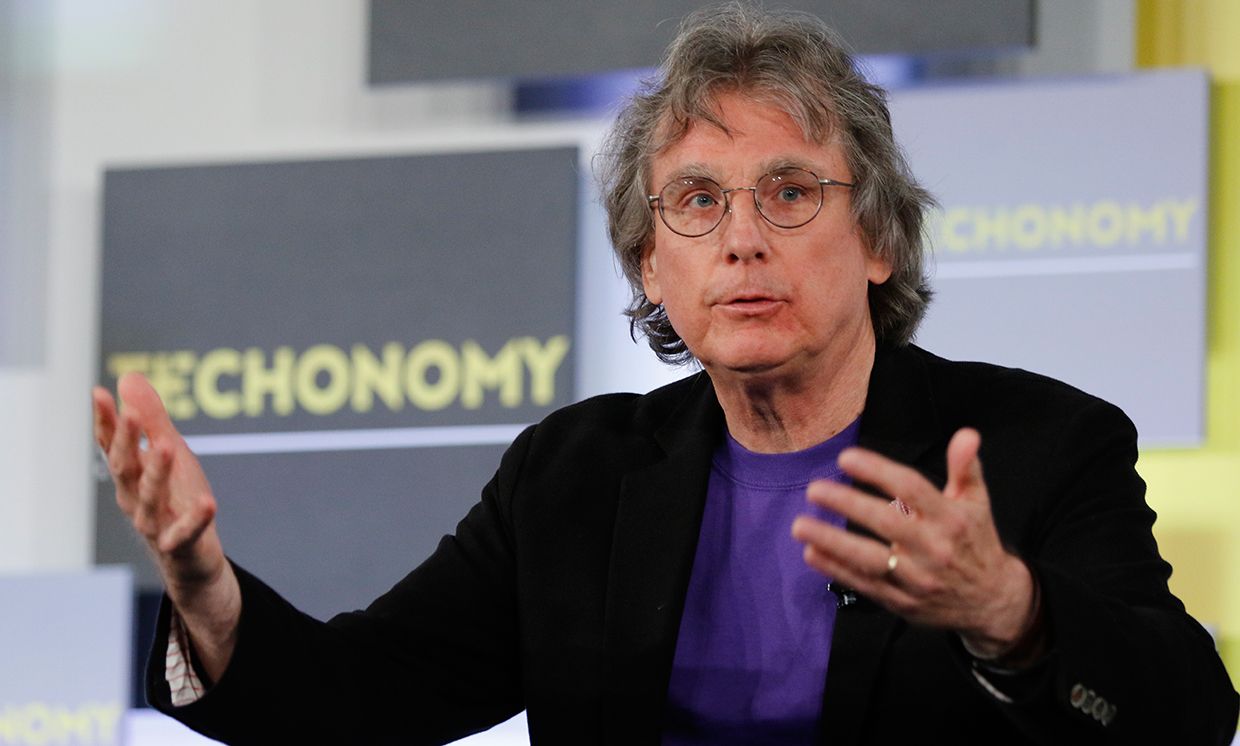Silicon Valley’s Social Media Giants Consider Weaponized Tech
Facebook, Google and Microsoft—almost every company considered a major player in creating and operating social media—attended Techonomy17, a conference held in Half Moon Bay, CA, where the group discussed the weaponization of social media. The tech industry has come to realize that the Russian government corrupted the last U.S. presidential election on social media—but the social media powers-that-be have done little to stop it. Unregulated products of Silicon Valley have been described this way:
“We have two Silicon Valley [media] companies…and they aren’t even regulated to the point that television was regulated when we were all calling it the idiot tube.”—Andrew Anagnost, Autodesk
And while most participants stated they had no way of knowing what the future of social media might look like when they created it, the Siliconners can not say they are not aware of the problems being created now. However, many think that AI will be the answer to policing “fake news” and false news items. Just how that policing might work is still up for debate.
The first question might be, how to train an algorithm to decipher data, categorize it, review the history of the data source, and then offer the client the information based on verifiable facts and associated patterns,rather than emotion, and limited access to factual data.
“This is an ‘Oh crap!’ moment for tech companies.”—Danah Boyd, Microsoft/Data & Society

Roger MacNamee
There will be arguments over First Amendment rights of American users of the internet. It would not do to have any of those freedom of speech rights infringed upon. Creative people will introduce other ways to police the truth on social media sites, too.
What is absolutely clear is that social media has been largely unregulated by the U.S. government, leading to unforeseen problems. The creators of the internet and the users of the internet must come to an agreement on what can been called a “problem” and what might be the best solution to policing the veracity and verifiability of the facts of any given statement, statistic, or image posted on the internet.
“We hardened our financial institutions against hacking,” McNamee said, “but it never occurred to us that the minds of our voters could be hacked; they turned our tools against us.”







Leave A Comment